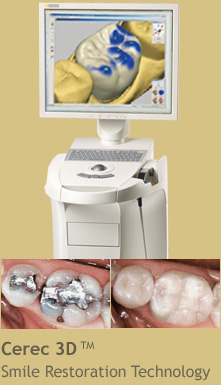Dental Terms
Implant South London
Dental implants, also known as endosseous implants or fixtures, are essential surgical components used to connect with the jaw or skull bone. They serve as a foundation for various dental prosthetics, including crowns, bridges, dentures, facial prostheses, and even orthodontic anchors. The cornerstone of modern dental implants is a biological process called osseointegration, where materials like titanium establish a strong bond with the bone. The implant fixture is initially positioned to promote osseointegration, followed by the attachment of a dental prosthesis. A period of healing is necessary for osseointegration before securing the dental prosthesis or placing an abutment to support it.
The success or failure of dental implants hinges on several factors, including the recipient's overall health, medications affecting osseointegration, and the oral tissue's health. Additionally, the amount of stress the implant and fixture will endure during regular use is assessed. Precise planning of the implant's position and quantity is critical for the long-term success of the prosthesis, considering the significant biomechanical forces that occur during chewing. The implant's location is determined by neighboring teeth, laboratory simulations, or computed tomography with CAD/CAM simulations and surgical guides known as stents. Healthy bone and gingiva are prerequisites for the sustained success of osseointegrated dental implants. In cases where bone and gingiva have atrophied after tooth extraction, pre-prosthetic procedures like sinus lifts or gingival grafts may be necessary to restore ideal bone and gingival conditions.
The final prosthesis can be either fixed, where it cannot be removed by the person, or removable, allowing the wearer to take it out. In both cases, an abutment is attached to the implant fixture. For fixed prosthetics, the crown, bridge, or denture is secured to the abutment using lag screws or dental cement. For removable prosthetics, a corresponding adapter is incorporated into the prosthesis to enable secure attachment.
Risks and complications associated with implant therapy are categorized into those occurring during surgery (such as excessive bleeding or nerve injury), those within the first six months (like infection and osseointegration failure), and long-term issues (including peri-implantitis and mechanical failures). With healthy tissues, a well-integrated implant subjected to appropriate biomechanical loads can achieve survival rates of 93 to 98 percent over five years or more.
If you are considering dental implants or have questions about the procedure, we invite you to contact Dr. Zhugang Zheng Dental Office at (519) 680-1880 to schedule an informative appointment with Dr. Zhugang Zheng. Our dental practice is conveniently located at 141 Wharncliffe Rd. in South London, ON, and our experienced team is here to address your dental needs.
You might be interested in...





